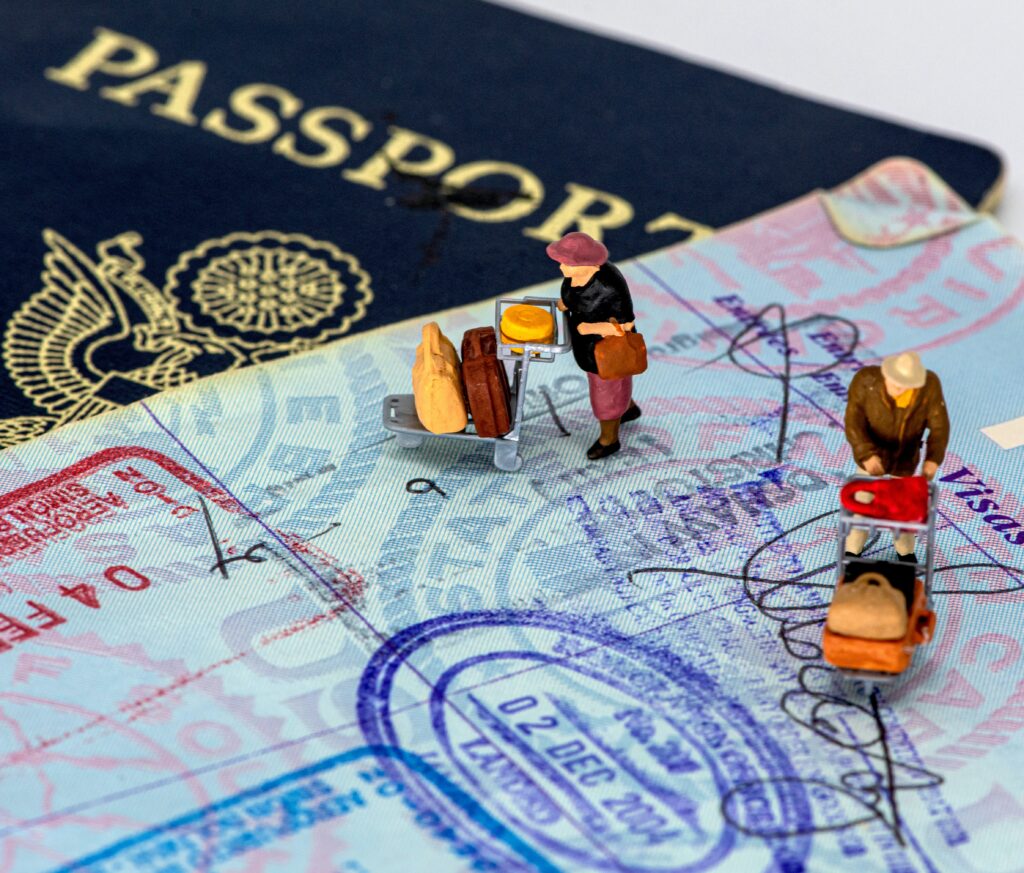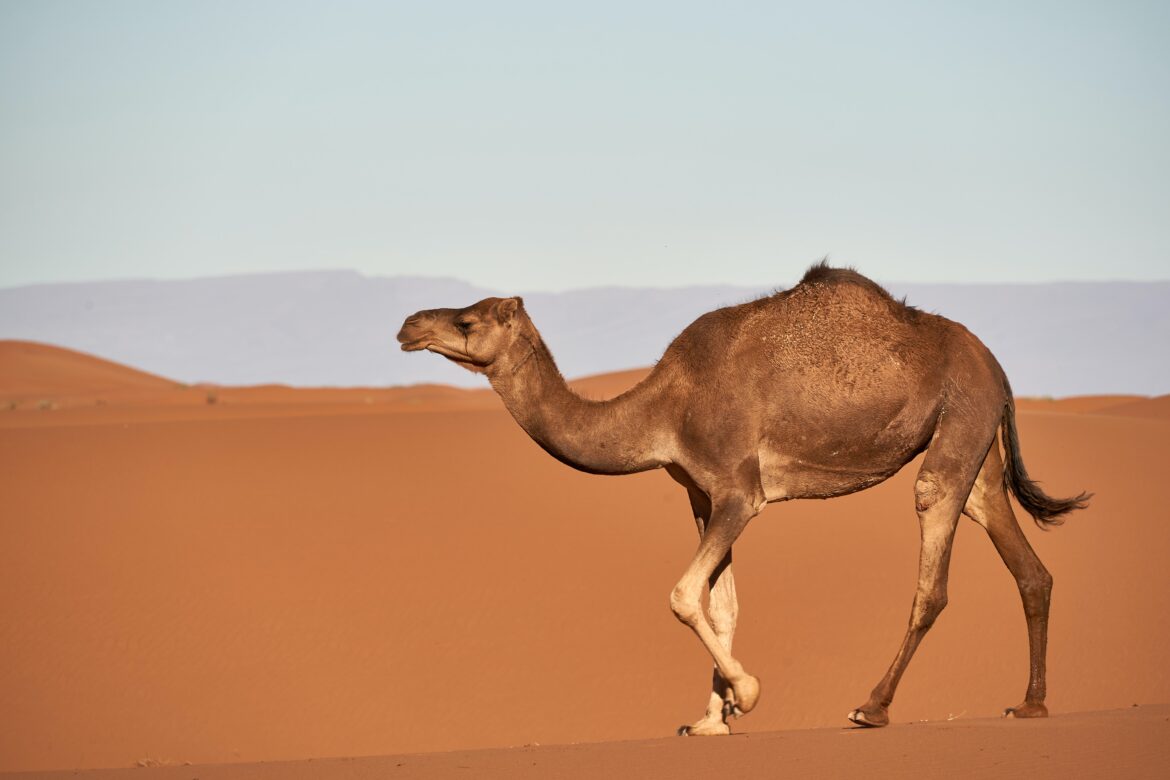Visa requirements for Morocco vary depending on the nationality of the traveler. Here’s a general overview:
Visa-Free Entry: Citizens of many countries, including the United States, Canada, the United Kingdom, European Union member states, Australia, New Zealand, Japan, South Korea, and several others, can enter Morocco without a visa for short stays of up to 90 days for tourism, business, or family visits. This means that you can simply arrive in Morocco and receive an entry stamp at the port of entry, without needing to apply for a visa in advance.
E-Visa: Citizens of some countries are eligible to apply for an e-visa for Morocco. An e-visa is an electronic visa that can be obtained online before you travel. It allows you to enter Morocco for a stay of up to 90 days for tourism, business, or family visits. The e-visa is a single-entry visa and is valid for 90 days from the date of issue. It must be used within 90 days of issuance, and once you enter Morocco with an e-visa, you can stay for up to 90 days.
Visa on Arrival: Citizens of a few countries, including some African and Middle Eastern countries, may be eligible for a visa on arrival at the port of entry in Morocco. This means that you can apply for and receive a visa upon arrival, and then enter Morocco.
It’s important to note that visa requirements can change, and it’s always best to check the most up-to-date information from the Moroccan embassy or consulate in your country of residence before you travel. Additionally, make sure to have a valid passport with at least six months of validity beyond your planned departure date, and bring any required supporting documents, such as proof of accommodation, return flight tickets, and sufficient funds for your stay, as immigration officers may ask for them upon arrival in Morocco.






